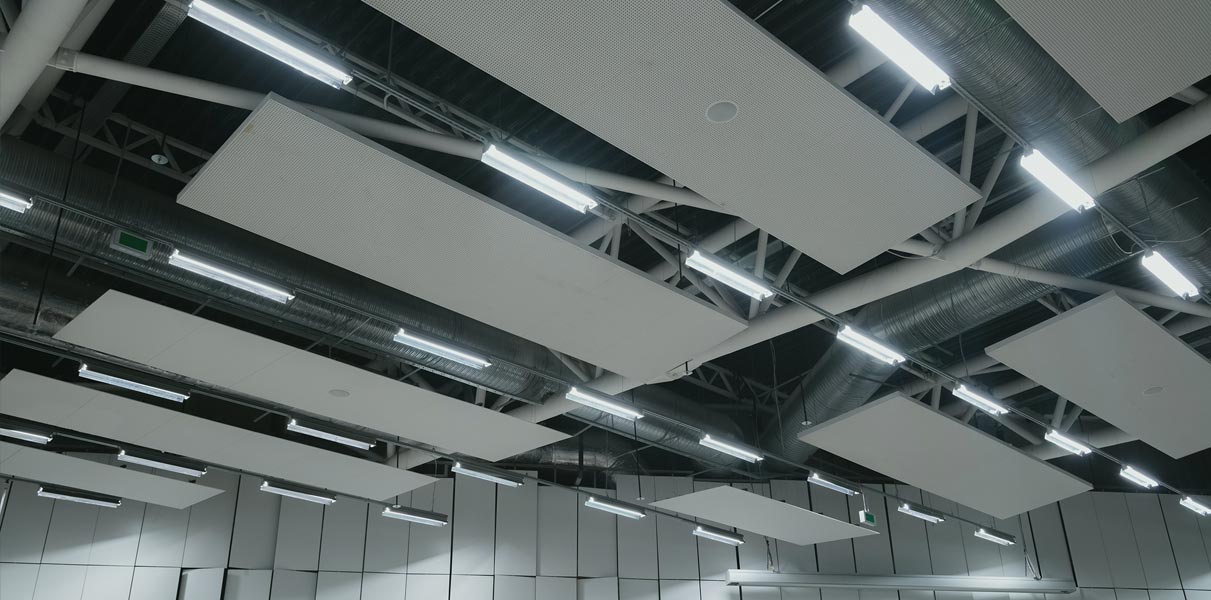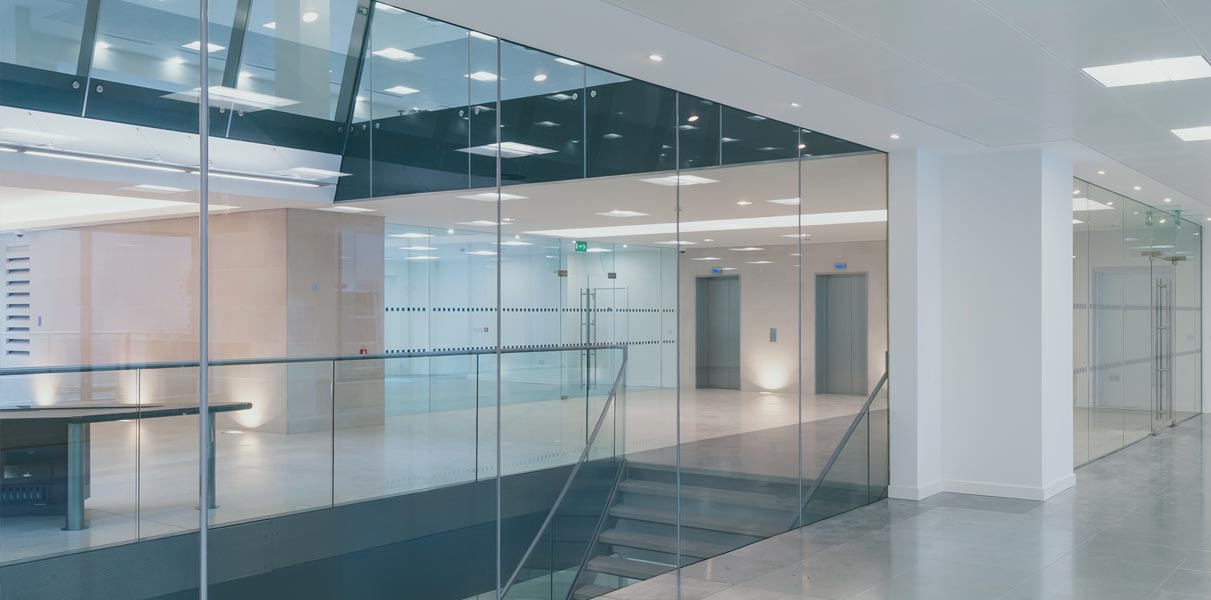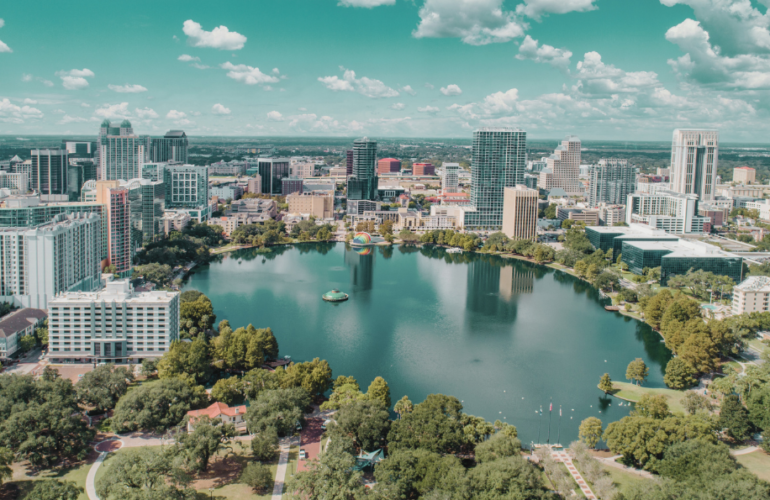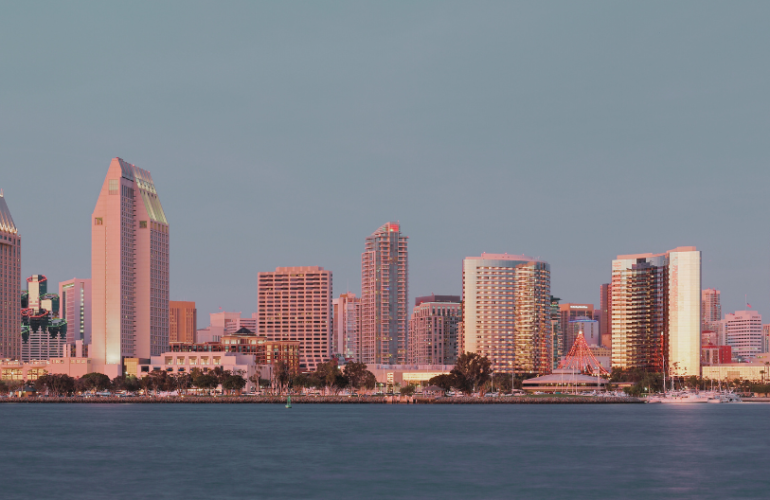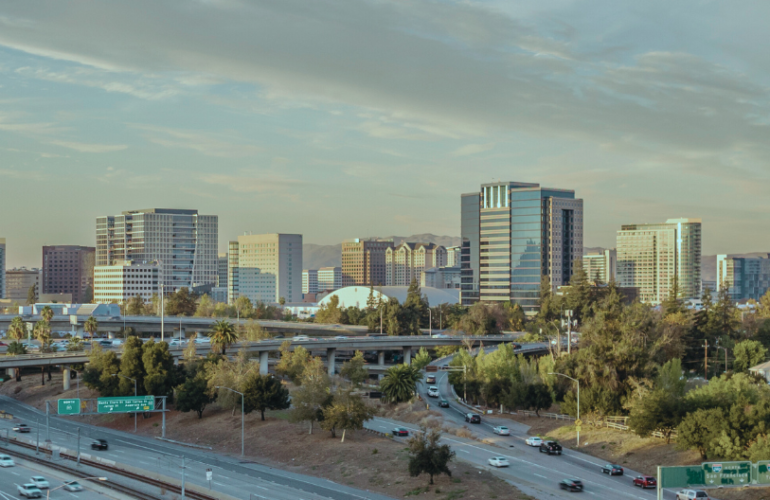TABLE OF CONTENTS
COMPLIANCE GUIDE
WHAT IS THE BOSTON BUILDING EMISSIONS REDUCTION AND DISCLOSURE ORDINANCE (BERDO)?
BERDO is a local law that aims to reduce air pollution and greenhouse gas emissions generated by large buildings in Boston. Owners of buildings subject to BERDO are required to report their buildings’ annual energy and water consumption. Starting in either 2025 or 2030, they will also need to comply with building emissions standards (i.e., emissions limits). The emissions standards set by BERDO decrease over time, with all buildings expected to reach net-zero emissions by 2050.
DOWNLOAD BOSTON BERDO BROCHURE
BERDO PROGRAM HIGHLIGHTS
Policy
BUILDING EMISSIONS REDUCTION AND DISCLOSURE
Bill Text
BERDO ORDINANCE
Enforcing Agency
CITY OF BOSTON ENVIRONMENT DEPARTMENT
Size of Property
RESIDENTIAL: 15+ UNITS
NON-RESIDENTIAL: 20,000 SQ. FT. AND ABOVE
Property Type
COMMERCIAL, RESIDENTIAL, MULTIFAMILY BUILDINGS
Required Information
12 MONTHS ENERGY, WATER, AND BUILDING USE DATA
Phase II Building Performance
Standards
BUILDING EMISSIONS STANDARD
Benchmarking Due Date
MAY 15, ANNUALLY
Fines for Non-Compliance
BENCHMARKING: $150 – $300/DAY
EMISSION STANDARDS: $300 – $1,000/DAY
ACCURATE REPORTING: $1,000 – $5,000
EXEMPTIONS FROM BERDO BENCHMARKING
Owners with extenuating circumstances may file a request with the Environment Department to report information required by Section 7-2.2 on a basis other than the building.
THIRD PARTY VERIFICATION REQUIREMENT
As a part of Boston’s Building Emissions Reduction and Disclosure Ordinance, you must hire a third-party qualified energy professional to verify your reported data. Third-party verification is required for the first year of reporting and every “Verification Year” thereafter. Verification Years include:
- 2022
- 2026
- 2031
- 2036
- 2041
- 2046
- 2051
BERDO BENCHMARKING PROGRAM ENFORCEMENT
- $300/day for Residential and Non-Residential Buildings +35 units or > 35,000 sq ft.
- $150/day for Non-Residential Buildings > 20,000 sq ft but < 35,000 sq ft or 15+ units but less than 35 units.
PHASE II BUILDING PERFORMANCE STANDARDS
In addition to the reporting requirement, every five years, buildings must show they have taken action to reduce their energy use or emissions by 15 percent or conducted a detailed assessment of options to reduce their energy use. In 2019, the first cohort of buildings that began reporting to BERDO are now completing the energy action and assessment requirement.
Buildings can decrease their emissions by 1) reducing energy use and transitioning away from fossil fuels, 2) using or buying renewable energy, or 3) investing in environmental justice communities through Alternative Compliance Payments.
OPTION 1: Reduce Energy Use in Building
The most impactful approach you can take is to reduce your building’s overall direct emissions through building retrofits or improvements. This includes: • Upgrading to high efficiency electric appliances • Replacing fossil fuels with electricity for heating and cooling systems • Improving insulation • Tightening window seals • Adding energy-efficient lighting such as LED bulbs.
OPTION 2: Obtain Renewable Energy
Reduce your building emissions from electricity with eligible renewable energy. Renewable energy can only be used to reduce emissions from electricity. Boston Community Choice Electricity (BCCE) Sign up for the Green 100 plan through the City of Boston’s CCE program to receive 100% renewable electricity. Commercial and industrial accounts cannot exceed 1.5 million kWh/yr to be eligible. Solar Energy Solar generated on-site or anywhere in Boston can be used for compliance. If you are buying solar energy, or related energy credits, from a project outside of Boston, please reach out to the BERDO team to confirm its eligibility. Renewable Energy Certificates (RECs) MA Class I RECs certify that the electricity was created using non-emitting renewable energy generated in New England. Power Purchase Agreements (PPA) A PPA is a long term contract to buy renewable energy. BERDO has specific requirements for PPAs.
OPTION 3: Invest in Your Communities’ Decarbonization
You can comply with emissions standards and mitigate your emissions from fossil fuel and electricity use by making an Alternative Compliance Payment (ACP). ACPs go into the new Equitable Emissions Investment Fund, which will fund future decarbonization projects in Boston’s environmental justice communities. ACPs are payments of $234 for every metric ton of CO2e a building is above its emissions limit. ACPs can be made annually to keep your building in compliance. Please note, ACPs are not the same as fines. An ACP is considered a compliance mechanism under BERDO.
EMISSIONS STANDARDS COMPLIANCE SCHEDULE
Click here to get the full list of compliance dates.
ENERGY USE EXEMPT FROM EMISSIONS REQUIREMENTS
- In the event that Emergency Backup Generation/Backup Power or EVSE serve, or have the potential to serve, multiple Buildings in a Building 11 Portfolio, the Energy use from such activities shall be allocated for individual Buildings in proportion to the square footage of each Building.
- Emergency Backup Generation/Backup Power provides Energy only to the Building or Building Portfolio.
- Electrical Vehicle Supply Equipment is separately metered or EVSE is capable of tracking and reporting accurate energy usage, and EVSE meets specifications as defined by the Regulations.
- Building Owners annually report (i) Energy used by Emergency Backup Generation / Backup Power and Electrical Vehicle Supply Equipment; (ii) the date(s), hour(s) and conditions that required the use of Emergency Backup Generation/Backup Power; and (iii) any other information required by the Regulations. Such reporting shall be subject to the self-certification and third-party verification procedures in section (h).
HARDSHIP COMPLIANCE PLAN
Alternative emissions reduction targets and/or timelines for a Building or Building Portfolio. A Building Owner may apply to the Review Board for a Hardship Compliance Plan if there are Building characteristics or circumstances that present a hardship in complying with the Emissions standards in this Ordinance. Such characteristics or circumstances, to be detailed in the Regulations, may include historic Building designations, affordable housing refinancing timelines, pre-existing long-term Energy contracts without reopeners, or financial hardship.
PENALTIES FOR EMISSION STANDARDS
$1000/day for Residential and Non-Residential Buildings +35 units or > 35,000 sq. ft.
$300/day for Residential and Non-Residential Buildings > 20,000 sq ft but < 35,000 sq. ft. or 15+ units but less than 35 units.
GREEN ECONOME PHASE II PROCESS
-
- Evaluate the Phase I benchmarking report(s) for the building’s least-cost path to Phase II compliance (or complete benchmarking, if annual disclosure hasn’t been met).
- Provide Third Party Verification (if we have not already benchmarked for those buildings).
- Provide Phase II proposals for applicable services.
- Upon signed agreement, fulfill Phase II services, submit compliance requirements to the City, and provide reports to the building owner/representative.



